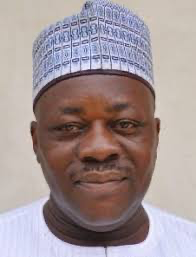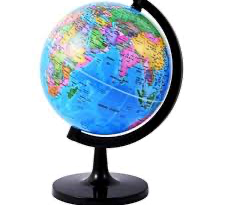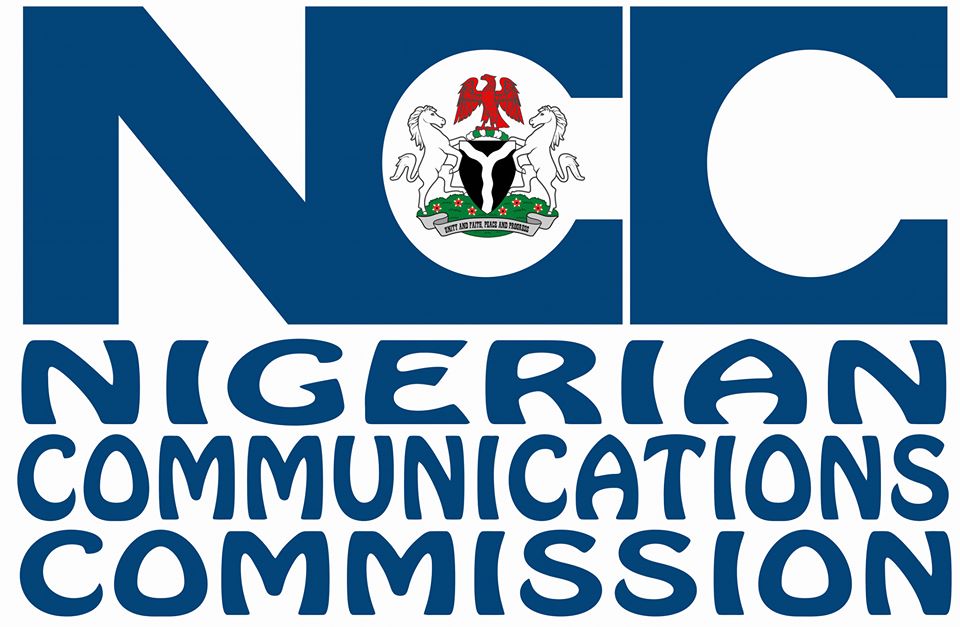Wagner: Weaponizing Francafrique for Military Dictatorship, By Jibrin Ibrahim
This week, the controversial Wagner Group leader, Yevgeny Prigozhin, died when his plane was blown off the sky. He was a man of many talents said the Russian President, Putin, his friend/enemy. Indeed, one of his greatest talents is developing elaborate and sophisticated ways of weaponizing the genuine and deep history of Francafrique’s terrible maintenance of its colonial grip on the governments and resources of Francophone Africa for its interest while pretending to propose liberation. The purpose has been to introduce in its stead Russian neo-colonial control of the said territories through the instrumentality of installing military dictatorships. His method has been through deliberate and sustained manipulation through social media.
The methodology and practice in this field have been developed by certain companies and States such as Russia to impact on social and political processes to obtain predetermined outcomes despite the fact that their actions are toxic and anti-democratic. One of the most infamous practitioners has been the firm Cambridge Analytica which acquired and maintained complex databases on the likes, dislikes, pressure points, and political positions of millions of social media users in order to deliver tailored ads and polemics. The technique is based on the idea of ‘informational dominance,’ which is the idea that if you can capture every channel of information around a person and then inject content around them, you can change their perception of what’s actually happening. While the internet was assumed to have broken information monopoly by appearing to offer users numerous and diverse sources of information, what it often does today is to lock people into this information cocoon where they essentially have only one source which is not only biased but also manipulative.
On Francafrique, the Wagner approach was to devote years of bombarding Francophone Africa with images through Facebook, WhatsApp, Tictok, Twitter and other outlets that France was actively providing arms to jihadists to keep terrorism active. Prigozhin used his Internet Research Agency (IRA), an online “troll farm,” and the Association for Free Research and International Cooperation (AFRIC) for the work. Today, there is informational dominance in Francophone Africa that terrorism remains because of France and the solution is to bring in the Russians. I have studied Francafrique and I know its reach and damage. I am aware of the number of coups France has organised in Africa to keep its empire alive and a lot of the criticisms about France are true and justified. The thousands of video images appearing to show French helicopters delivering arms to terrorists however have been shown to be fake. There was also a significant scaling up of fake numbers on what Francophone Africa pays France for colonialism. The weaponization was in the association in the social media that the time of revolt against France has arrived, which I support, and the only viable partner is Wagner and Russia, a country without a history of colonial misdeeds.
A number of sophisticated social media influencers emerged, some of whom are on Wagner payroll to lead the advocacy for Russia as the solution. They include Nathalie Yanm (@Nath_Yamb), Kemi Seba (@KemiSeba) from Benin Republic and a French lecturer @FranklinNyamsi with Cameroonian roots. They lead the social media campaign and have also been active in the Russia-Africa summits. Over the past five years, they have succeeded in making the strong association between the idea that France must be thrown out, which I strongly support and that Russia is the way forward. My view has always been that the objective of combating neocolonialism must be for autonomy not for a replacement a neocolonial power. The most insidious aspect of this weaponization is the presentation of military vanguardism as the pathway to salvation. They do so with the knowledge that the current generation of African youth have no experience or knowledge of military rule and the negative consequences of dictatorship.
Mali is expelling over 20,000 French and UN troops for 1,000 mercenaries for whom it is allegedly paying 10 million dollars monthly. Wagner fighters have been accused of committing atrocities alongside the Malian army fighting jihadists. Since Wagner began working in Mali, in December 2021, civilian casualties have increased by more than 270% and the direction of travel is the strengthening of terrorism. A UN report released in May described how Malian soldiers, overseen by Wagner fighters, killed around 500 mostly unarmed civilians in a village in the Mopti region over five days in March 2022.
Russia’s relationship with Central African Republic (CAR) first became known in 2018 with an agreement that former Russian officers would come to offer military training. The country has suffered from ongoing conflict since independence in 1960. In 2013, mainly Muslim rebels seized control of the largely Christian country. Self-Defence militias were formed to fight back, leading to widespread massacres along religious lines. After President Faustin-Archange Touadéra came to office in 2016, the country started shifting its strategic alliance from France, the former colonial power, towards Russia. According to Human Rights Watch the Russian forces have been responsible for murder, unlawful detention and torture. Russian mercenaries have been accused of summarily executing, torturing and beating civilians in the Central African Republic. As Wagner is responsible for the personal security of the CAR President, he is today essentially their prisoner and must obey their command.
In the absence of foreign currency for their payments, Wagner/Russian forces takeover natural resources which they exploit themselves and take out of the country. Wagner subsidiaries received unrestricted logging rights and control of the lucrative Ndassima gold mine in CAR. Wagner has operated in Sudan since 2017, training Sudanese troops, guarding mineral resources, and suppressing dissent against the government of President Omar al-Bashir, all in exchange for gold exports to Russia. Their role in Libya has been no less edifying.
Francophone Africa should be very careful about what it is advocating and praying for. If the desired outcome is liberation and control of resources by the said countries, Russia is not the path.




